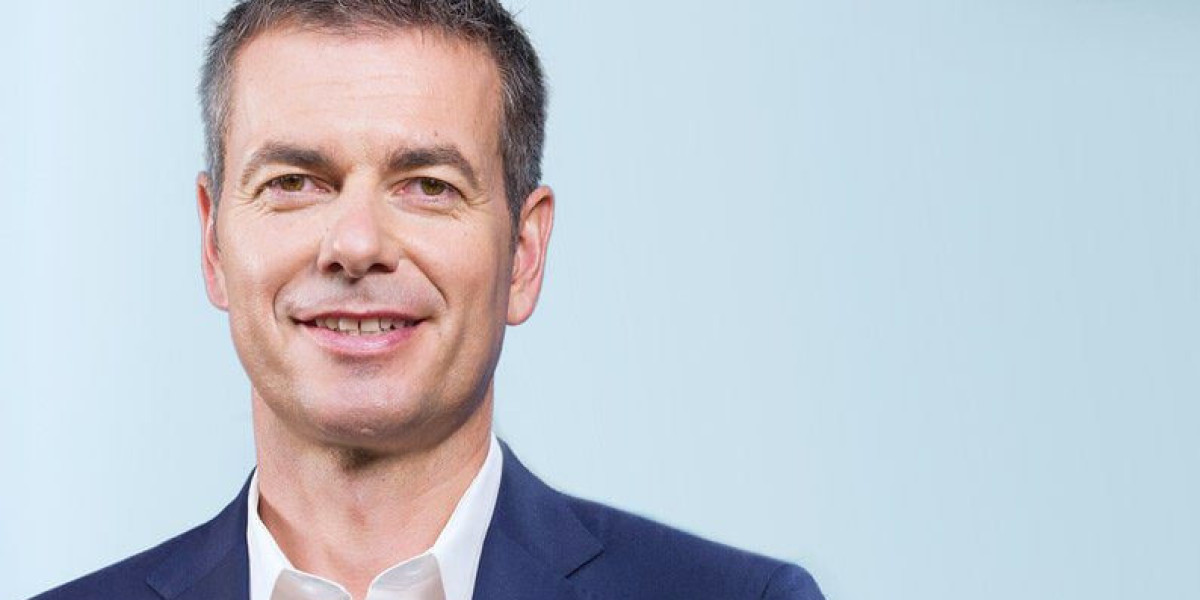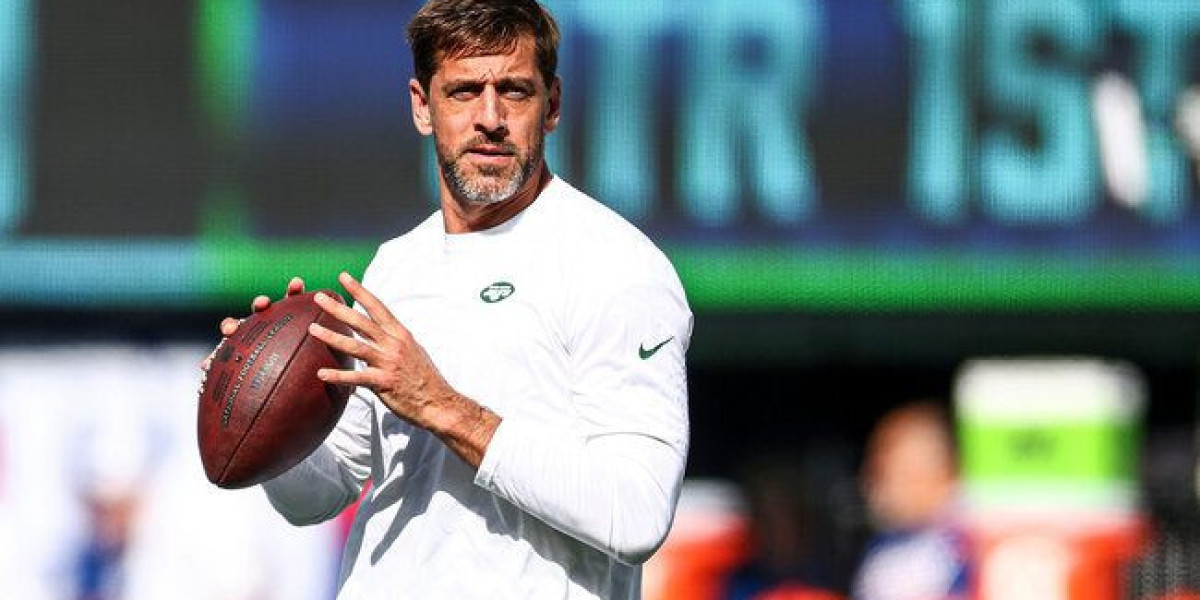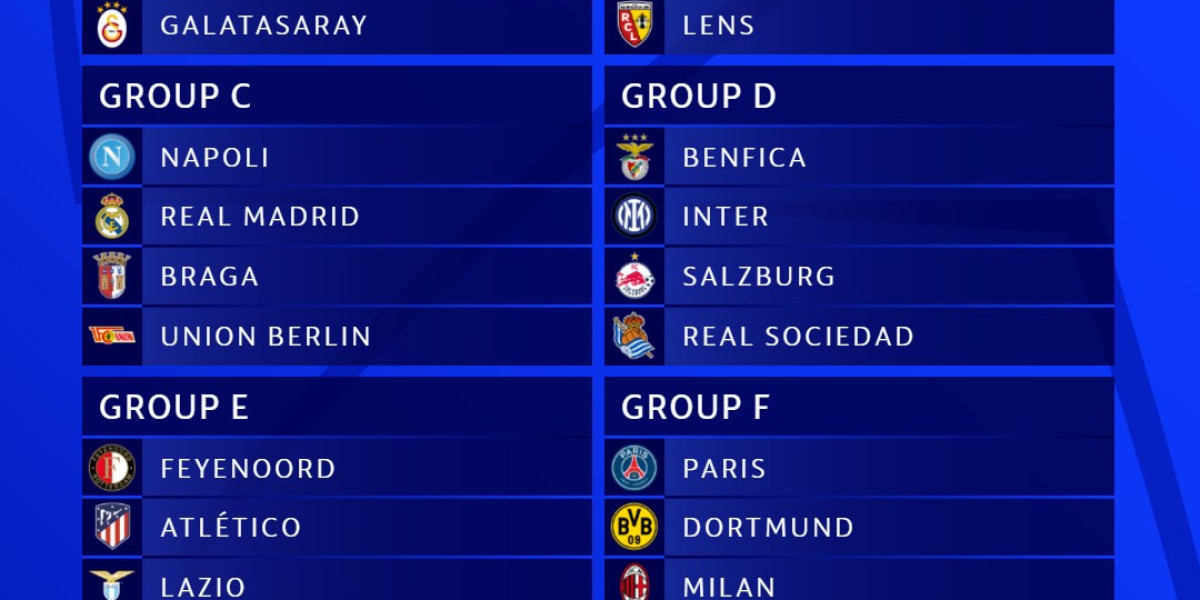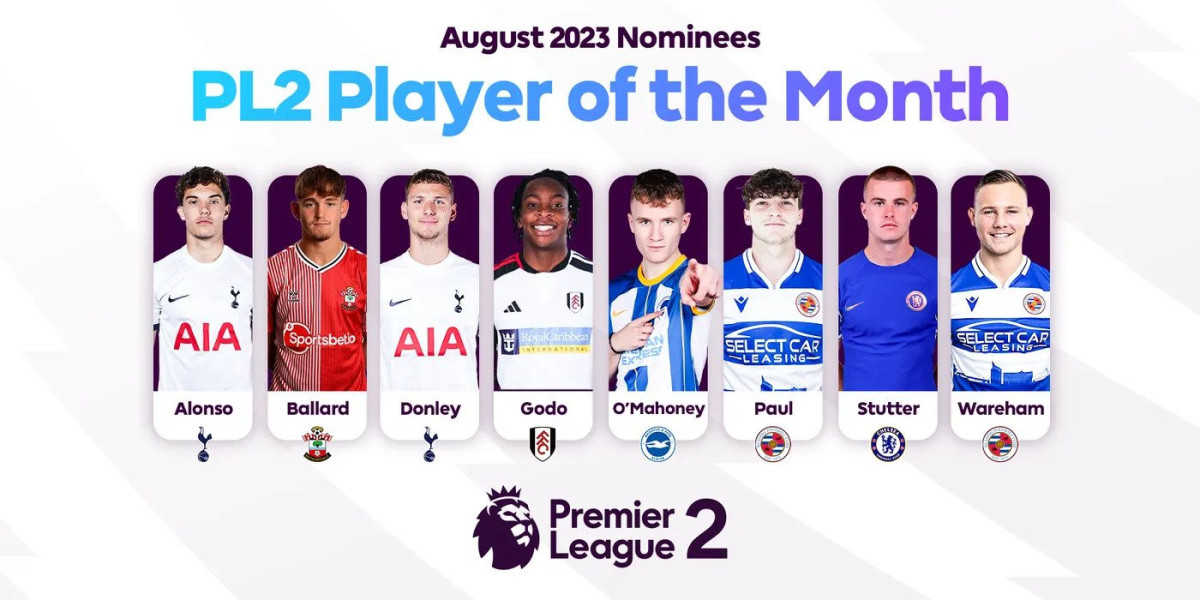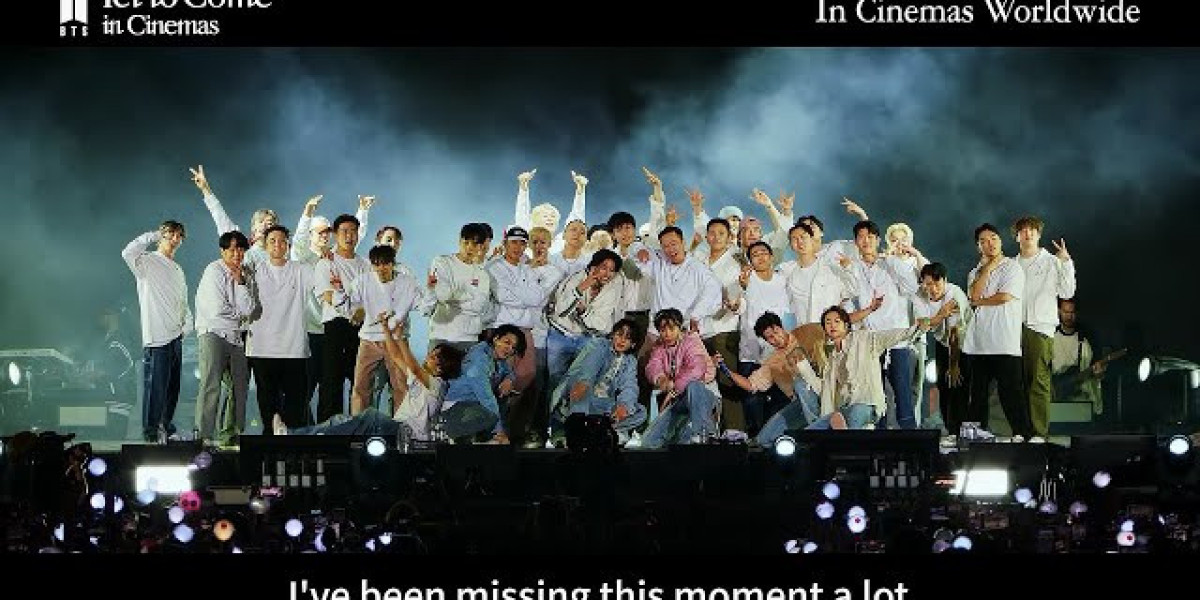Kyncl touched on every little thing from WMG’s worldwide enlargement technique to his prior expertise as an govt at Netflix and YouTube, however one factor he wasn’t requested about was the large information within the business that day – Common Music Group and streaming service Deezer’s announcement of a brand new “artist-centric” cost mannequin for artists.
That might have made for an attention-grabbing dialog, on condition that the mannequin UMG and Deezer introduced sounds pretty much like the “multiplier” cost mannequin that Kyncl himself steered earlier this yr.
That mannequin would see artists get a “multiplier” on their funds if they’re notably widespread with customers, or if customers have a tendency to begin their listening periods with their music.
Within the mannequin that Deezer introduced with UMG – beginning with France this yr, and increasing to different markets in 2024 –Deezer says it should attribute a double enhance [i.e double the stream weighting] to what they outline as “skilled artists” – those that have a minimal of 1,000 streams per thirty days by a minimal of 500 distinctive listeners.
There may even be a further “double enhance” for performed tracks that customers have actively looked for.
Although Kyncl’s dialog didn’t contact on the UMG/Deezer deal, the WMG CEO did share some ideas on what a shift to an “artist-centric cost mannequin” – as the concept has been labeled by business gamers – would imply in apply.
Making a workable different to the pro-rata cost system in place in the present day would require “wider cooperation” amongst business gamers, each music corporations and streaming companies, Kyncl mentioned.
“When you’re on the DSP facet, clearly, you don’t need one companion with this, one other companion with that. And so that you need some sort of a scalable mannequin that may operate. So it’s essential that it’s not only one firm engaged on this, there [are] a number of corporations within the business engaged on it. And I believe we’re beginning to see that… fairly actively,” Kyncl mentioned.
“So I believe it’s wonderful that there’s a push, particularly amongst the foremost music corporations, to alter each income per person in addition to the pie distribution.”
“Specializing in the income per person is [a] very, essential a part of what the business must do.”
Robert Kyncl, Warner Music Group
In Kyncl’s view, these two parts – income per person on the streaming companies, and the distribution of the cash allotted to royalties – are the 2 key elements in figuring out a brand new cost mannequin.
Income per person amongst streaming companies is “lagging inflation in the present day,” Kyncl mentioned, including that, if Spotify’s month-to-month premium subscription payment had stored up with inflation because the service launched within the US in 2011, it could price $13.25 in the present day, and never the $10.99 it at the moment prices (and up from $9.99 just some months in the past).
Kyncl estimated that Spotify’s common month-to-month income per paying person, when bearing in mind Spotify’s household plans, is sitting someplace close to $7.50, and there’s a “great alternative” in elevating that quantity. (Spotify itself reported ARPU of €4.27 per person, or USD $4.58 at present change charges, in Q2 2023, although that quantity consists of ad-supported customers.)
“So specializing in the income per person is [a] very, essential a part of what the business must do,” Kyncl mentioned.
Kyncl additionally confirmed the current announcement of a three way partnership between WMG and Eliot Grainge’s 10K Tasks, which is able to see WMG take a 51% stake within the seven-year-old Los Angeles-headquartered label.
“We’re bringing unimaginable expertise each on the artist facet in addition to on the chief facet into our pool,” Kyncl mentioned. “And clearly, we proceed to recruit and make investments into expertise expertise in addition to to arrange the corporate.”
Listed here are three different issues we discovered from Kyncl’s Q&A session…
Accountability for AI-driven copyright violations rests primarily with platforms
This yr, as AI expertise has exploded, one notably alarming growth for music rights holders has been the arrival of AI-generated tracks that mimic the voice and elegance {of professional} artists, with the “faux Drake” monitor that went viral this spring being maybe the obvious instance.
In Kyncl’s view, there are three key gamers in addressing this drawback: authorities, with its capability to move laws; the “consumption platforms” the place these tracks are distributed; and builders of generative AI engines.
Authorities regulation “all the time takes time,” and AI builders are in a race to develop their applied sciences forward of the competitors, Kyncl mentioned, so a minimum of for now, “I believe the first accountability… sits with the consumption platforms… particularly the open consumption platforms the place the content material will find yourself.”
By “open platforms,” Kyncl was referring to platforms the place anybody can add content material, resembling YouTube and TikTok.
“I believe it’s wonderful that there’s a push, particularly amongst the foremost music corporations, to alter each income per person in addition to the pie distribution.”
Robert Kyncl, Warner Music Group
When somebody creates new content material with a 3rd occasion software, “they’ll need to get views or streams someplace they usually’ll go to giant platforms. So my focus is before everything on… platforms, to make it possible for they’ve practices in place that assist us shield artists’ selections, and have the appropriate attribution and the appropriate monetization framework.”
Kyncl in contrast the state of affairs with AI in the present day to the state of affairs with user-generated content material (UGC) 15 or 20 years in the past, when YouTube was getting began as a cultural phenomenon.
“After I joined YouTube early on, we had plenty of points associated to [UGC], and we needed to work on sorting. And… we did. We constructed a really giant a number of finish greenback enterprise for our companions from fan uploaded content material of their copyrights, that was utilizing their copyright[s]. And it required expertise and deal making and partnership and all of that, and we utilized all of it and constructed it.”
In Kyncl’s view, the problems with AI are a parallel to that, “simply barely completely different, extra superior and sooner, however the playbook may be very related.”
Kyncl’s tackle that is important espeically in mild of the truth that another rights holders see it otherwise – they see the builders of AI as having main accountability.
As an illustration, a lot of authors have launched lawsuits in opposition to OpenAI, arguing that the corporate behind the ChatGPT app infringed on their copyrights when its AI algorithm used their copyrighted books as a part of its coaching.
